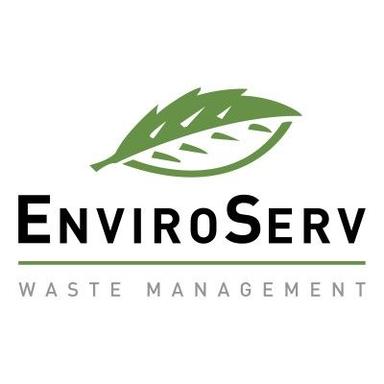Cutting Corners, Risking Lives: FDA Layoffs Spark Fears Over Food and Drug Safety

When Robert F. Kennedy Jr., now Health Secretary, stood at the podium last month to announce sweeping job cuts at the Department of Health and Human Services, he made a bold reassurance: inspectors who safeguard America’s food and drug systems would be untouched. On paper, he kept that promise. In practice, it’s a different story.
The Food and Drug Administration’s core inspectors remain employed, but the web of crucial support around them has unraveled. Gone are the specialists who booked complicated overseas trips to inspect pharmaceutical factories in remote Indian towns. Dismissed are the lab scientists who tested food samples for contamination. And vanished are the communication professionals who informed the public of urgent product recalls.
Behind the scenes, FDA leaders have scrambled to fill these gaps by hiring private contractors, beginning with those who handled foreign travel logistics. The urgency of this workaround reveals a deeper truth: these “non-essential” roles were anything but. According to FDA staffers who requested anonymity, the agency is now struggling to maintain basic operations.
For an agency already running on fumes, the timing couldn’t be worse. Since the pandemic, FDA inspections have dropped dramatically—36% lower than pre-COVID levels. Decades of experience were lost as veteran inspectors retired, and recruiting new ones has proven difficult. The job demands long international trips, modest compensation, and emotionally taxing environments, especially when visiting under-regulated manufacturing sites abroad.
Now, without the behind-the-scenes support team, the burden on remaining inspectors is heavier than ever. “You’re reducing their support system even if the inspectors themselves are still there,” explained Howard Sklamberg, a former FDA inspection and enforcement chief. “The natural result is going to be fewer inspections.”
FDA Commissioner Marty Makary attempted damage control in a recent podcast appearance, insisting the cuts only impacted administrative, tech, and communication roles — not scientists or inspectors. “My goal is to ensure those doing the real work have what they need,” he said. But internal agency emails and firsthand accounts suggest otherwise.
A whopping 170 staffers from the Office of Inspections and Investigations have been laid off. These include all personnel responsible for securing international visas, safety clearances, and travel arrangements. The official termination letters coldly claimed these roles were “unnecessary” or “duplicated.” Yet the FDA’s swift move to outsource this work undermines that narrative — and raises red flags.
The FDA’s employee union didn’t mince words. In a fiery statement, they called the layoffs “reckless, inefficient, costly, and a significant risk to human life.” The union also challenged the logic of replacing experienced federal workers with private firms lacking FDA’s internal knowledge and continuity.
Perhaps most troubling is how indiscriminately the cuts were made. At least 10 food scientists at the FDA’s San Francisco lab were let go — experts whose work helps trace the source of foodborne outbreaks and ensure contaminated products are pulled swiftly from shelves. Even 15 scientists in the Chicago division studying food additives, hazardous chemicals, and microplastics were axed, despite Kennedy’s vocal stance on stricter food safety.
“This isn’t just cost-cutting — it’s erasing entire bodies of knowledge,” said Susan Mayne of Yale University, who once led FDA’s food division. “As you dismantle labs, you’re dismantling the ability to respond to crises.”
The impact extends beyond science. The FDA’s media affairs office — responsible for telling Americans when a food is unsafe or a drug is pulled — was wiped out. Now, communication responsibilities fall on scattered staff across various departments, many already overburdened and lacking media training. Worse still, nearly all public announcements must funnel through a tiny HHS press team unfamiliar with FDA complexities.
“There are things that simply aren’t getting done anymore,” admitted one FDA staffer.
In theory, Kennedy’s reorganization aimed to streamline a bloated bureaucracy. In reality, it’s left America’s food and drug watchdog gasping for air. The very people responsible for ensuring what we eat and consume is safe are now overworked, unsupported, and losing ground.
And when the next major contamination scandal hits, we may all pay the price.
Business News
B2B Buyers Push Back on Traditional Sales as New Adience Research Signals Shift for 2026
TPT Strengthens Consolidation Offering with Planned Run-On DB Superfund
Taking Care of Your Employees: 5 Tips for Empowering Your Team
From Zero to Certified: The Journey Behind Every Home System Expert
When Expenses Get Creative: Survey Exposes Bizarre Claims




















